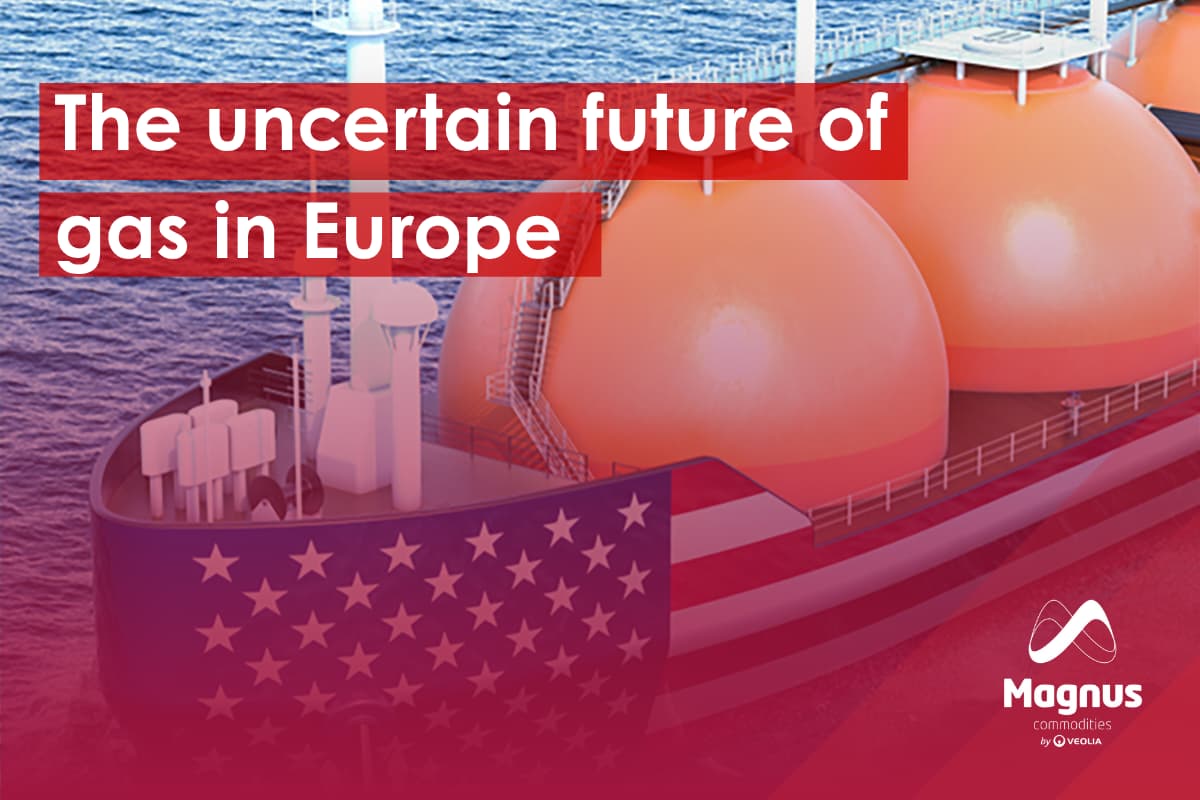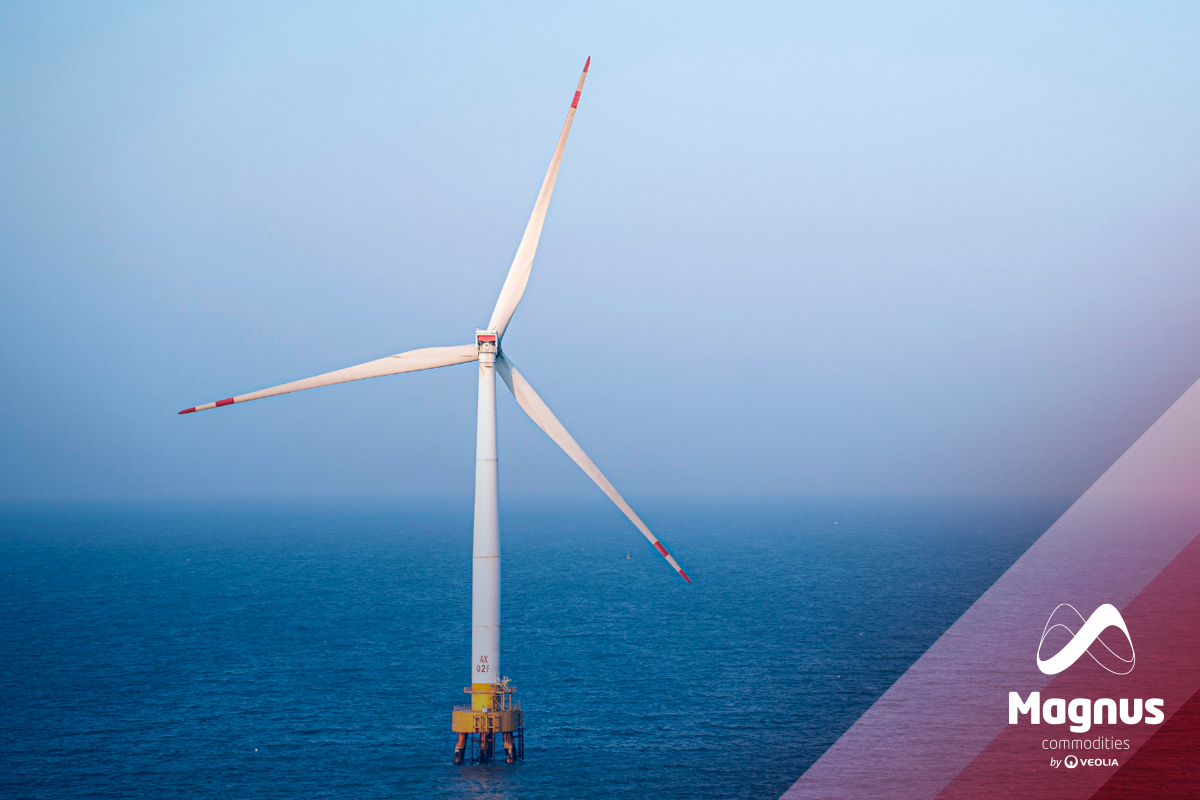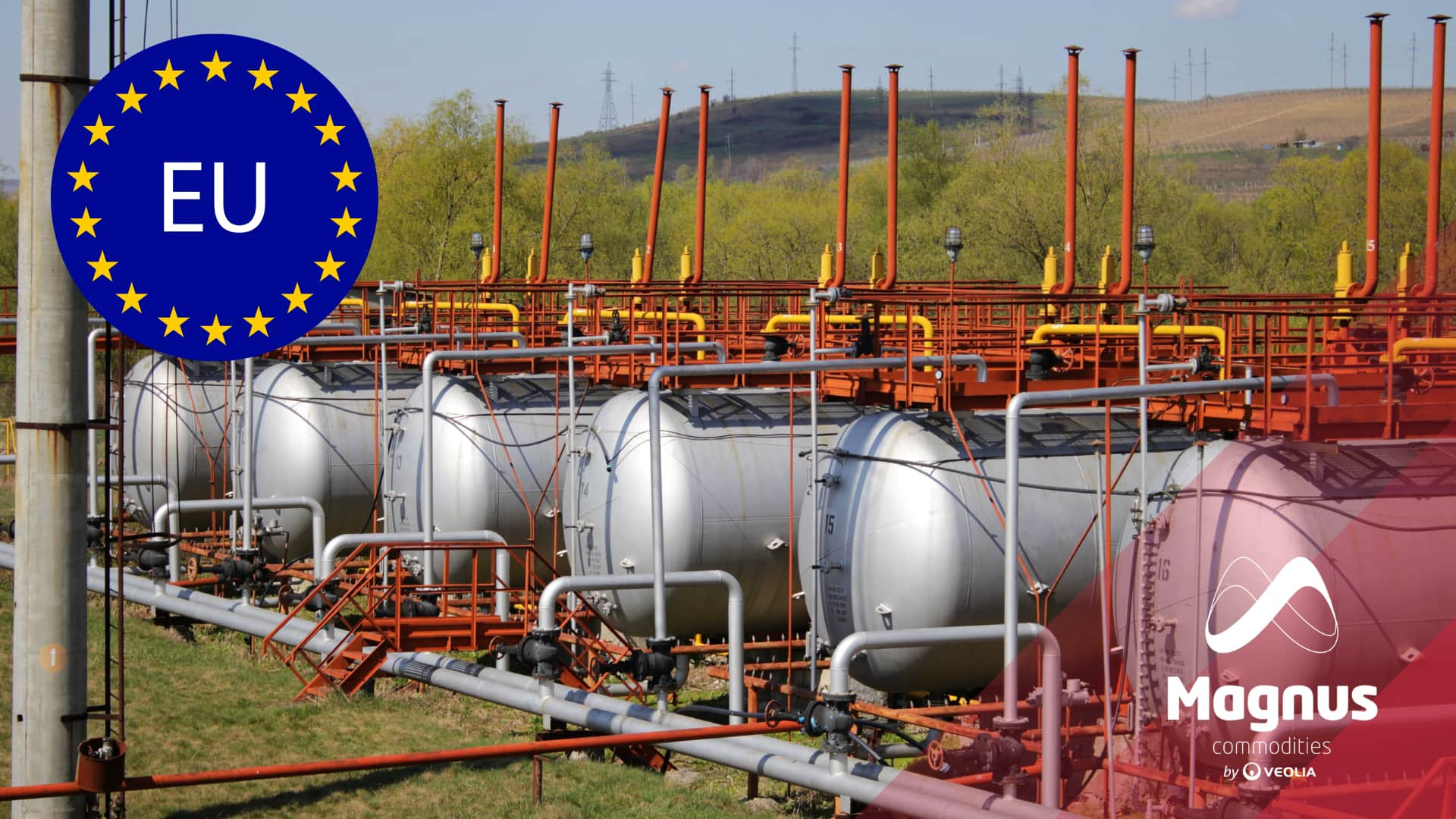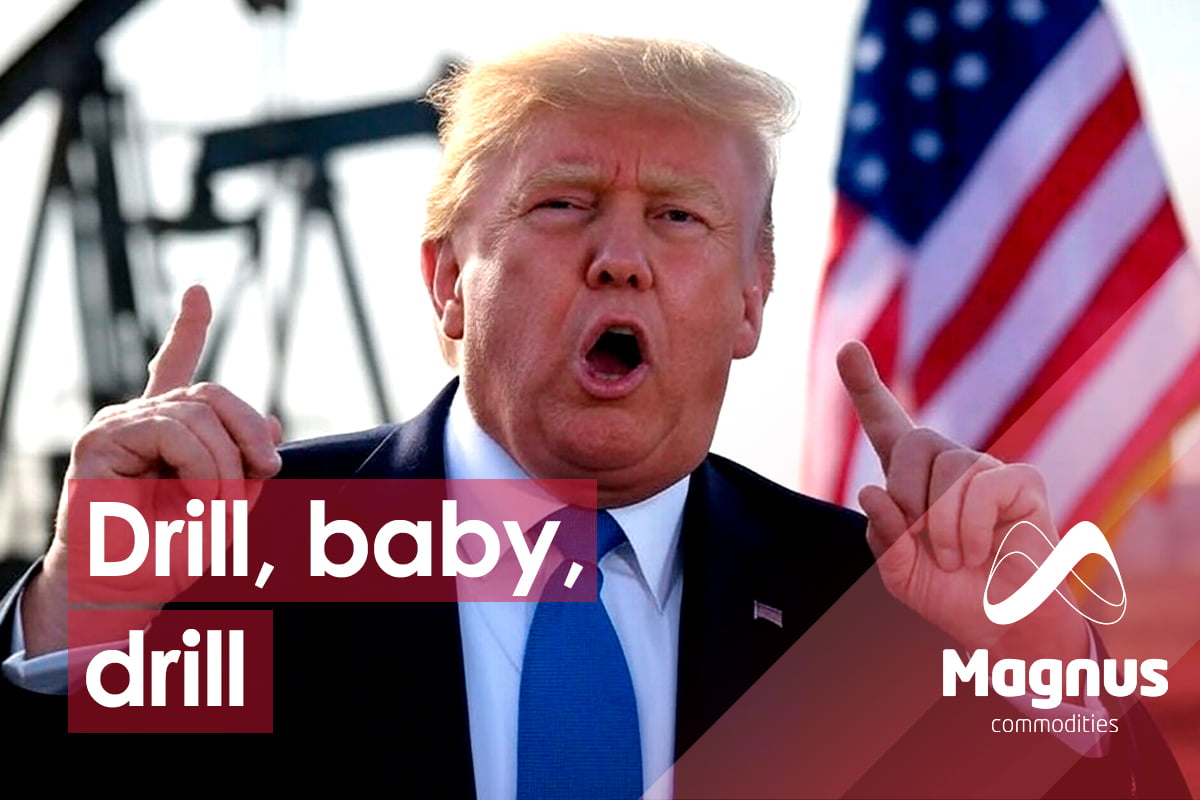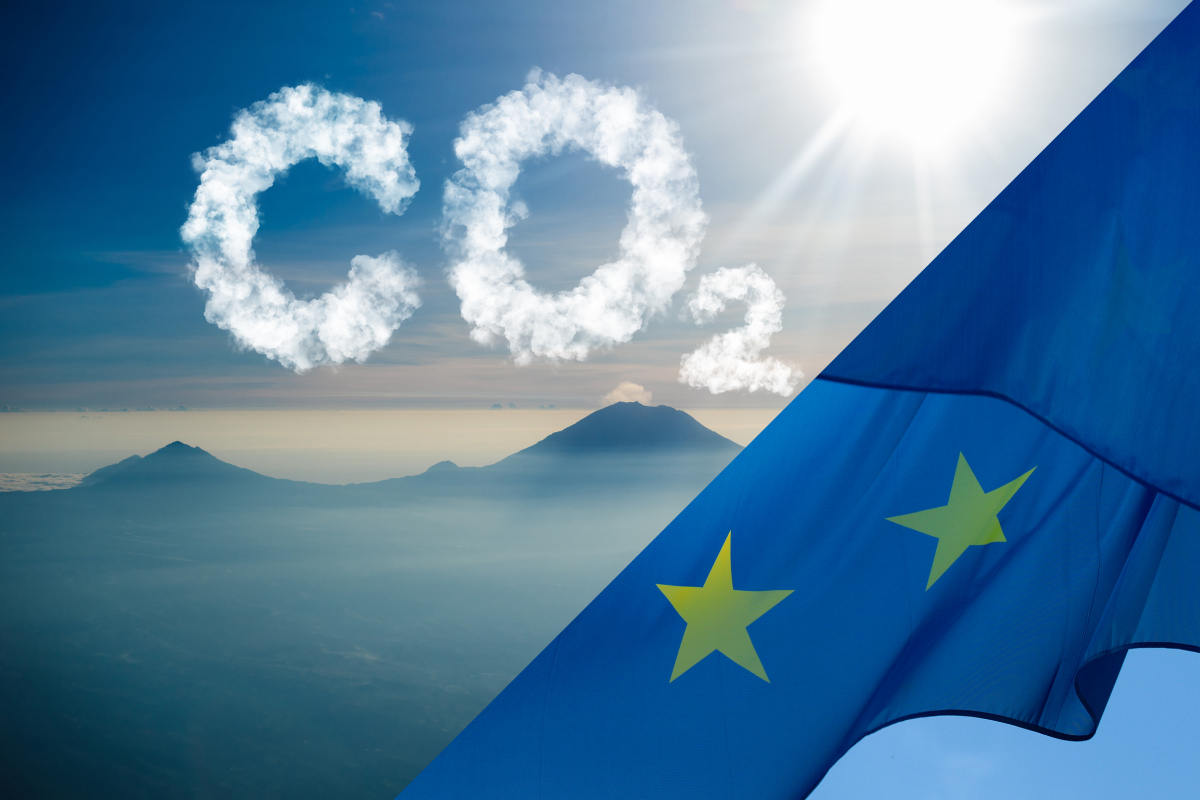
Since Theresa May became the new British Prime Minister last July, she has been determined to deliver Brexit by the end of March 2017. However, High Court recently ruled that Article 50 (a formal exit clause for countries to leave the EU) process cannot be triggered without the approval of the Parliament, which was a huge setback for May’s plans and poured more uncertainty to the process outcome. Whether that is just a mere delay for the Brexit to take place or the beginning of the process’ reversion, we will see in December (waiting for an expedited appeal by the Supreme Court).
For now, all we can do is try to depict a hypothetic scenario where Article 50 is finally triggered and how this event could affect the Energy Markets in the Kingdom, since its energy system is heavily influenced by the EU energy policies.
Energy Regulation
It is true that Brussels’ institutions have little to say in the price of commodities such as oil, coal, gas (and derivatives) and power. It is the international markets, supply & demand and other external factors that determine their pricing levels.
Nevertheless, in terms of energy-related activities and regulation, there are several variables that could ,slightly or heavily , be affected by the consequences of accomplishing Brexit’s final stage and officially implementing the Article 50 .
It is important to notice how the UK’s Government has always promoted liberalization and constant development of a cross-border energy market. Withdrawal from the European institutions would not necessarily mean a total interruption of the interconnectivity with continental Europe and co-operation with the European Internal Energy Market in commercial terms. It all comes down to whether the UK would participate in the proposed Energy Union or not. To this, there are several analysts who defend that Norway (a currently non-EU member country) manages to successfully do business with other member states of the Union, precisely with the UK where its exports amounted to $23 billion last year (a 22% of its overall exports). From the UK perspective, they expect to keep friendly commercial relations doing without the European institutions.
It also remains unknown whether the UK will remain part of the European Economic Area. When a country is in the EEA, there is an agreement to abide by all the regulations in the single market, which will give full access to that market in return. Financial passports and European freedom movement would be included though, and that is likely to complicate the negotiations. Nations such as Norway, Switzerland and Iceland are part of the EEA (as well as the European Free Trade Association).
This is important, because the EU state aid rules would continue to be implemented to energy infrastructure in the UK if it eventually remains part of the EEA. If such rules were not to be applied, the UK would gain flexibility and freedom to allocate funds to energy projects (always under World Trade Organization subsidy regulations). Third Energy Package principles (a legislative package aiming to liberalize EU electricity and gas markets) would continue to be incorporated into UK law, although a series of EU laws on competition policy and state aid mentioned above would have to be accepted.
Regarding Climate Change targets, these would not be highly affected by the total implementation of Brexit. Even when getting rid of EU climate goals, UK would still be bound to the Climate Change Act of 2008, which commits the UK to cut carbon emissions by 80%( based on their 1990 emission levels) by 2050, as well as setting every 5 years an amount for the net UK carbon account (the “carbon budget”).
To this, we must add the United Nations Framework Convention on Climate Change (UNFCCC) and the latest Paris Agreement (COP21), that will formally come into force next month, legally binding countries that have ratified the deal to act on the pledges made last year.
After abolishing the Department of Energy and Climate Change when she took office, Mrs. May said in September that Britain would ratify the Paris climate agreements by the end of the year and continue to “play our part in the international effort against climate change”. This makes us think that the UK will follow with its commitment and leading role on climate change efforts.
It must also be noticed that UK participation in EU ETS would not be possible unless an EEA & EFTA model was adopted. Other arrangements would need to take place instead. This could severely affect the functioning of the EU ETS, as losing key players from the UK in this market could mean a significant impact.
Gas & Power
As a net importer (due to a decline in indigenous production and a higher demand), the UK must pay close attention to the evolution of bilateral deals to secure commodities imports/exports from/to the Union. EU regulatory framework would have to be replaced with bilateral negotiated arrangements in the case of a “hard Brexit”. Looking at the Transmission System above, UK oil and gas imports rely mainly on connections to Norway (61%, and EFTA member), The Netherlands and Belgium via pipeline (aside from shipped LNG tankers coming from other countries). Therefore, the interest to strike deals regarding oil & gas trade would narrow to the mentioned countries rather than with the European Markets as a whole.
In 2015, LNG imports made up 31% of all gas imported (mainly from Qatar). This is an advantage, as along with Norway’s, the UK is not totally dependent on EU members’ imports for this commodity. On the other hand, natural gas exports amounted a 75% to Belgium (a union member). All in all, gas prices would only be affected if special gas tariffs were imposed on European gas exports or imports, should the UK leave The Internal Energy Market (IEM). But it is not only about prices, as the UK acts as a regulator between Norway’s production and gas coming into Europe (using their storage facilities to keep or send gas to the continent). Hence, to balance the Gas System in Europe it is vital for the EU to maintain this role of UK storages (in terms of security).
Access to EU storage and the Solidarity Mechanism could also be affected, reducing security of supply and liquidity (though the NBP is now one of the most liquid markets in the EU). However, due to the UK’s excess of storage capacity an interruption seems, for now, unlikely unless great part of supplies is lost.
For power, there are three electricity interconnectors: to France, The Netherlands and Ireland. The UK is also a net importer of electricity (mainly from France and The Netherlands), exporting slightly to Ireland, Northern Ireland and Wales. In Q2 2014 total net imports were around 5 TWh, which accounted for a 6% of total electricity supply.
That is a minor amount compared to their home-produced electricity supply (via Coal, Natural Gas, Thermal Renewables, Nuclear, Wind…).
The IEM involves a few market integration processes such as market coupling, cross-border capacity mechanisms and cross border balancing. Withdrawing from the EU would involve taking charge of the mentioned processes from a domestic scope.
It is also likely that all energy-related infrastructure would increase in cost due to a reduced EU supports.
Scotland
Amidst renewed calls for a second independence vote after the Brexit referendum results (vote that PM. Theresa May wants to prevent at all costs) the destiny of Scotland is still unclear. Should the Scottish nationalists won a hypothetic second referendum, the consequences would not be small potatoes for the UK energy market. According to data from www.gov.scot , renewable electricity generation in Scotland made up around 26% of total UK renewable generation last year. Hence the UK could not count on that percentage to meet their emissions goals. Also, both Scottish Power and Scottish & Southern Energy companies have headquarters located in Scotland.
The 2015 Oil and Gas Analytical Bulletin by the Scottish Government, it is written that approximately 85% of UK North Sea revenues are estimated to have come from the Scottish portion of the UK Continental Shelf. Also, Scotland is estimated to be the largest producer of hydrocarbons in the EU.
Therefore, The Oil & Gas scenario would dramatically change if this hypothetical political outcome becomes a reality. In addition, Scotland’s First minister Nicola Sturgeon recently said Scotland should be formally consulted, since triggering Article 50 “would deprive Scottish people of right”.
See: Nicole Sturgeon launches plan to stop Theresa May overturning Brexit legal challenge.
The Pound
Beyond hypothetic trade tariffs and rates that could be applied, a direct factor to UK’s imports/exports is its currency, the British Pound (£). Free-falling since the Brexit vote took place, the Pound has experienced an unprecedented depreciation. Although a recent lift from the previous lows in the currency trend could be noticed since the High Court ruled that Article 50 cannot be triggered without the approval of the Parliament, the outlook is still bearish, given the uncertainty surrounding the recent Brexit scenario.
Last week, a notorious hike was experienced in the GBP/USD due to the effect of the US Election, that against all odds got Donald J. Trump to the White House. This translated in a brief but sharp depreciation of the Dollar at the beginning of Wednesday’s session. GBP/USD parity traded high amidst great volatility spikes, then going back to normal levels the days after.
If the Parliament eventually voted on Brexit, chances are we could see a boost in the GBP. Until then, the scenario is volatile. Bank of England keeps pushing inflation towards a 2% target and no interest rate cut is expected on their side for the upcoming months. Mark Carney (BoE Governor) showed positive economic forecasts for 2017 and alleged to control inflation if it surpassed the 2% target. Other GBP big moves will be nurtured by speculation.
Conclusions
While it is certainly true the current outlook for the UK energy market is not precisely rosy, much will be determined by how negotiations develop in the coming months. It remains unknown whether Theresa May will manage to get advantageous bilateral trade agreements with specific countries, or whether the EU will bring it harder to the UK by adding tariffs on trade or other detrimental regulations.
Preserving membership in the IEM would soften the impact, but would as well limit UK’s sought-after political freedom and decision-power. In any case, given the UK’s energy market nature, it wouldn’t certainly be the most affected sector in the case of a hard Brexit (in terms of pricing, trade and supply), or not as much as, for instance, the financial sector.
Javier Palazón Nadal | Energy Procurement Consultant
If you found it interesting, please share it!
Recent Articles















